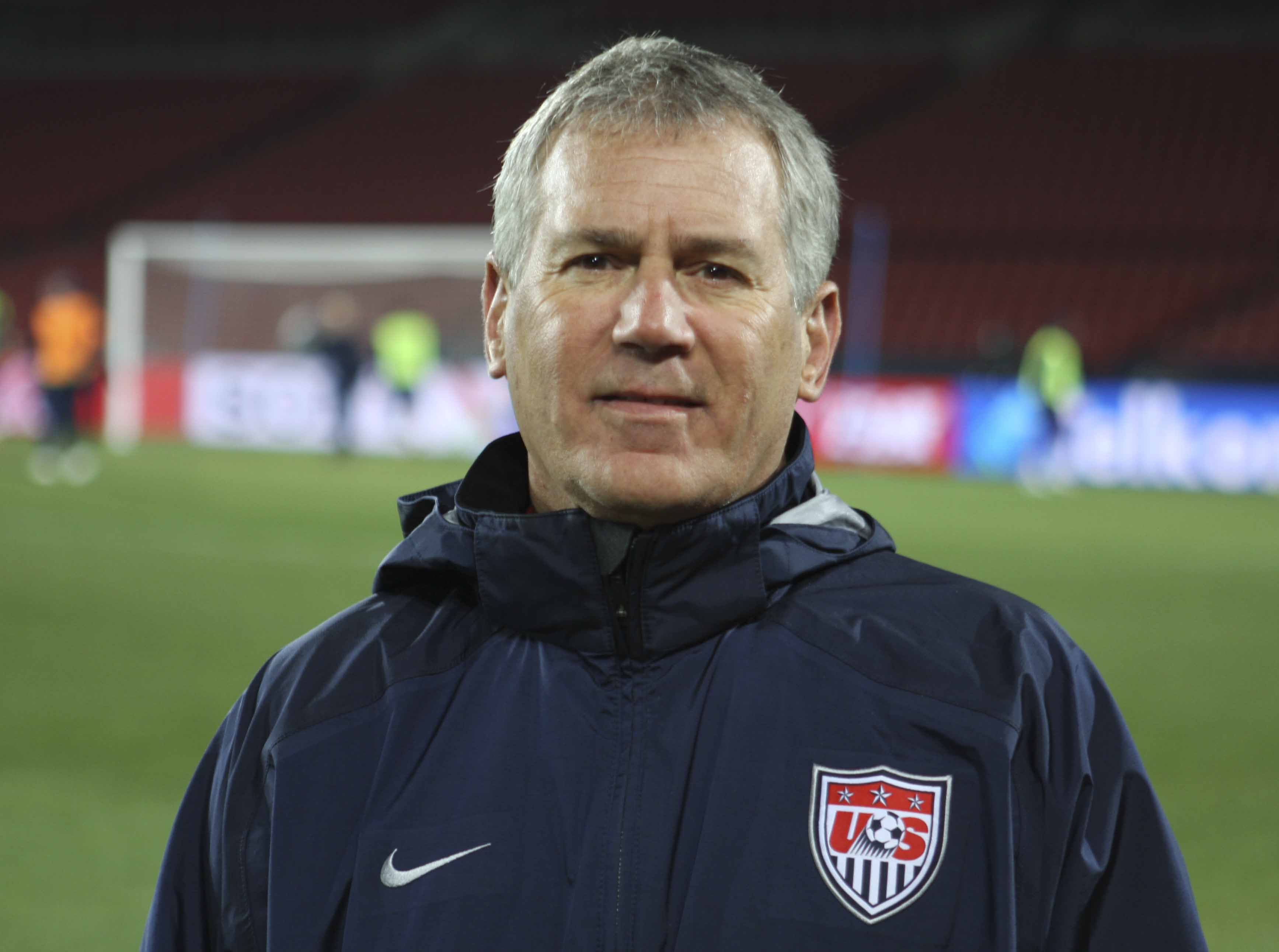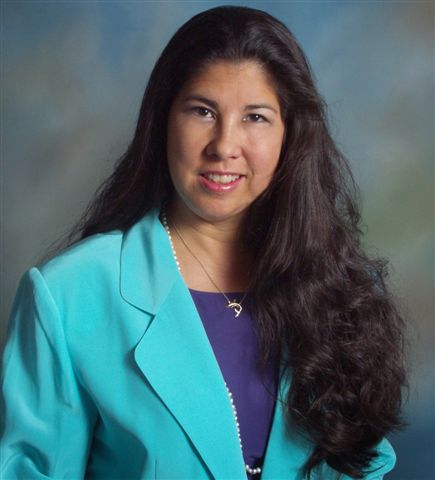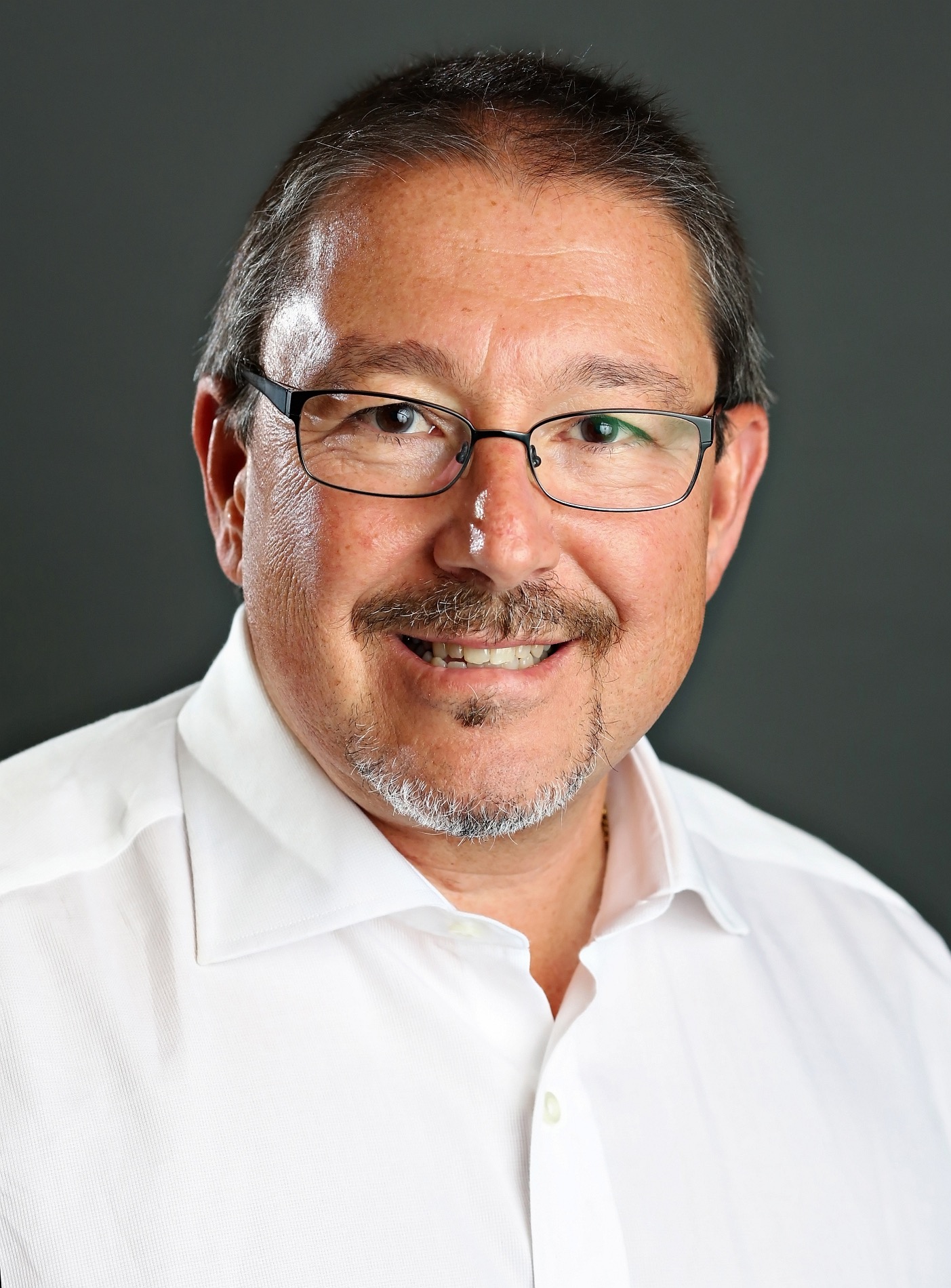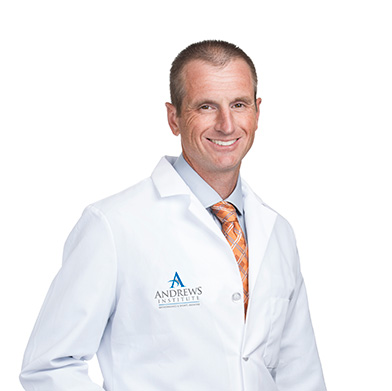Sports medicine is unique in the challenges it presents to team physicians and the demands it puts on personal and professional careers, but for the physicians that stick with it the rewards are bountiful.
A panel of sports medicine experts shares the advice they wish they'd received when they first started out and their advice for a physician looking to specialize in sports medicine.
The panel includes:
- Steve Jordan, MD, orthopedic surgeon with the Andrews Institute for Orthopaedics and Sports Medicine in Gulf Breeze, Fla.
- Bert Mandelbaum, MD, orthopedic surgeon and co-chair of medical affairs at the Kerlan-Jobe Institute in Los Angeles
- Juliet DeCampos, MD, orthopedic surgeon at the Andrews Institute for Orthopaedics and Sports Medicine
- Luga Podesta, MD, director of sports medicine at St. Charles Orthopedics in New York
- Michael Milligan, MD, sports medicine physician at the Andrews Institute for Orthopaedics and Sports Medicine
- Marc Samson, MD, orthopedic surgeon and sports medicine specialists at Good Samaritan Hospital in Los Angeles.
Question: What is the one piece of advice you would give to a physician looking to get into sports medicine?
 Steve Jordan, MD. Andrews Institute for Orthopaedics and Sports Medicine (Gulf Breeze, Fla.): Volunteer — become involved in the community, with the teams, with the athletes and the supporters. As soon as you know where you are going, contact the established sports providers and start a dialogue offering to help. Next, seek opportunities to speak or participate in activities that promote sports safety or care. Speaking to high school booster clubs about injury prevention, conditioning or rehabilitation will help build relationships. Spend time at practices and games. Offer to cover local tournaments. This will help build trust as well as help you learn the local culture and lingo. Coaches and players want you to understand them and their goals as well as their injuries.
Steve Jordan, MD. Andrews Institute for Orthopaedics and Sports Medicine (Gulf Breeze, Fla.): Volunteer — become involved in the community, with the teams, with the athletes and the supporters. As soon as you know where you are going, contact the established sports providers and start a dialogue offering to help. Next, seek opportunities to speak or participate in activities that promote sports safety or care. Speaking to high school booster clubs about injury prevention, conditioning or rehabilitation will help build relationships. Spend time at practices and games. Offer to cover local tournaments. This will help build trust as well as help you learn the local culture and lingo. Coaches and players want you to understand them and their goals as well as their injuries.
 Bert Mandelbaum, MD. Kerlan-Jobe Institute (Los Angeles): The word I would give to a physician looking to get into sports medicine would be passion.
Bert Mandelbaum, MD. Kerlan-Jobe Institute (Los Angeles): The word I would give to a physician looking to get into sports medicine would be passion.
We've certainly seen a lot of physicians who like to do sports medicine surgery but the way I look at it and the way I like to select fellows is by their passion for understanding the plight of athletes. From the aspects of prevention, to optimizing performance to injury care, the concept of passion is about those elements.passion. They have to have passion for understanding what athletes do and how they do it.
 Juliet DeCampos, MD. Andrews Institute for Orthopedics and Sports Medicine (Gulf Breeze, Fla.): Be a student of sports — not just football and baseball, but all sports possible. Be passionate about sports. Read Sports Illustrated and ESPN Magazine, watch obscure sports and read the sports pages. My time as a sports journalist helped me to "talk the talk" with athletes so I had more credibility as a sports physician. Understanding the sports' training and mechanics allowed me to be more focused on helping the athletes go back to their specific skills and game.
Juliet DeCampos, MD. Andrews Institute for Orthopedics and Sports Medicine (Gulf Breeze, Fla.): Be a student of sports — not just football and baseball, but all sports possible. Be passionate about sports. Read Sports Illustrated and ESPN Magazine, watch obscure sports and read the sports pages. My time as a sports journalist helped me to "talk the talk" with athletes so I had more credibility as a sports physician. Understanding the sports' training and mechanics allowed me to be more focused on helping the athletes go back to their specific skills and game.
 Luga Podesta, MD. St. Charles Orthopedics (New York): I think be a true sports medicine doctor the physician has to have a desire to really work in the field. Not only from the medical aspect of it but also for the game coverage part of it and time commitment. You have to like being on a sideline, taking care of team and being part of a system; that overall comradely of being part of a team.
Luga Podesta, MD. St. Charles Orthopedics (New York): I think be a true sports medicine doctor the physician has to have a desire to really work in the field. Not only from the medical aspect of it but also for the game coverage part of it and time commitment. You have to like being on a sideline, taking care of team and being part of a system; that overall comradely of being part of a team.
Then of course, you have to be in the top of your field no matter what discipline, whether it's orthopedic surgery, primary care or sports medicine. Know the sports medicine literature, know your boundaries as a physician and really strive to be the best that you can be. Most importantly, you need to be available to the players, trainers and coaches.
 Michael Milligan, MD. Andrews Institute for Orthopedics and Sports Medicine (Gulf Breeze, Fla.): Choose sports medicine if you have a passion for the challenge of caring for diverse patients and patient problems and formulating unique treatment plans based on the needs and goals of the patient. Sports medicine requires a willingness to work above and beyond. Frequently, you will be asked to work nights, weekends and holidays on a volunteer basis.
Michael Milligan, MD. Andrews Institute for Orthopedics and Sports Medicine (Gulf Breeze, Fla.): Choose sports medicine if you have a passion for the challenge of caring for diverse patients and patient problems and formulating unique treatment plans based on the needs and goals of the patient. Sports medicine requires a willingness to work above and beyond. Frequently, you will be asked to work nights, weekends and holidays on a volunteer basis.
.jpg) Marc Samson, MD. Good Samaritan Hospital (Los Angeles): Find a location and group that works for your needs. Picking the right location is important both for practice viability and family happiness. There is no need to set up shop in an area overflowing with sports medicine subspecialists. Additionally picking a community which fits your and your families' needs makes life much easier.
Marc Samson, MD. Good Samaritan Hospital (Los Angeles): Find a location and group that works for your needs. Picking the right location is important both for practice viability and family happiness. There is no need to set up shop in an area overflowing with sports medicine subspecialists. Additionally picking a community which fits your and your families' needs makes life much easier.
Question: What is the one thing you wish you would've known before starting to practice?
SJ: Dr. [James] Andrews' cell phone number. Seriously, that’s how important outcomes are and a great tool to have a tracking system from day one. Long term outcomes data are so important for many reasons and you can’t have them unless you collect them. I wish I had data from the beginning.
BM: From the on-the-field perspective, I think the thing that I didn't appreciate early in my career was the complexity of sports medicine and understanding all the elements of the field. You're dealing with the athlete, the parents, the coaches, the referees, administration, agents and the media. I think the answer to the question is it's really about the complexities of the field. Dealing with athletes is multidimensional and it draws on a lot of different elements.
JD: As an orthopedic surgeon sports medicine specialist, I am most trained in surgical solutions, but surgery is always the last option for keeping your athlete going. More comprehensive training in nonoperative care, including the whole medical care team's abilities, would have made me a better team doctor earlier. That said, my on-the-job experiences made me appreciate what part I play in the team sports of sports care!
LP: The hours I would put in away from home, and work. I was honored to be a team physician for a number of professional teams throughout my career. It required a substantial amount of time on sideline, in training rooms and time traveling and being away from work, home and being away from the kids. That's a big part of it. Not that I would've done anything differently. That's why I answered the first question as I did. It's a huge time commitment and you have to really enjoy being part of a team.
MM: I was fortunate to have outstanding mentors, even as a medical student and resident, who prepared me well to enter the profession. These were individuals who had been in sports medicine since its inception as a specialty. True sports medicine is comprehensive. It encompasses medical skills in musculoskeletal, medical and psychological medicine as well as the exercise sciences. Embracing the comprehensive nature of patient care is integral to being a sports medicine physician.
MS: I was poorly prepared for the office management portion of practice. I had no clue about business, contracting, insurance, HMOs [or] capitation, and had to learn on the job. Also the personnel portion of the job, including hiring, firing, etcetera, is also a challenge and something I had to learn.


